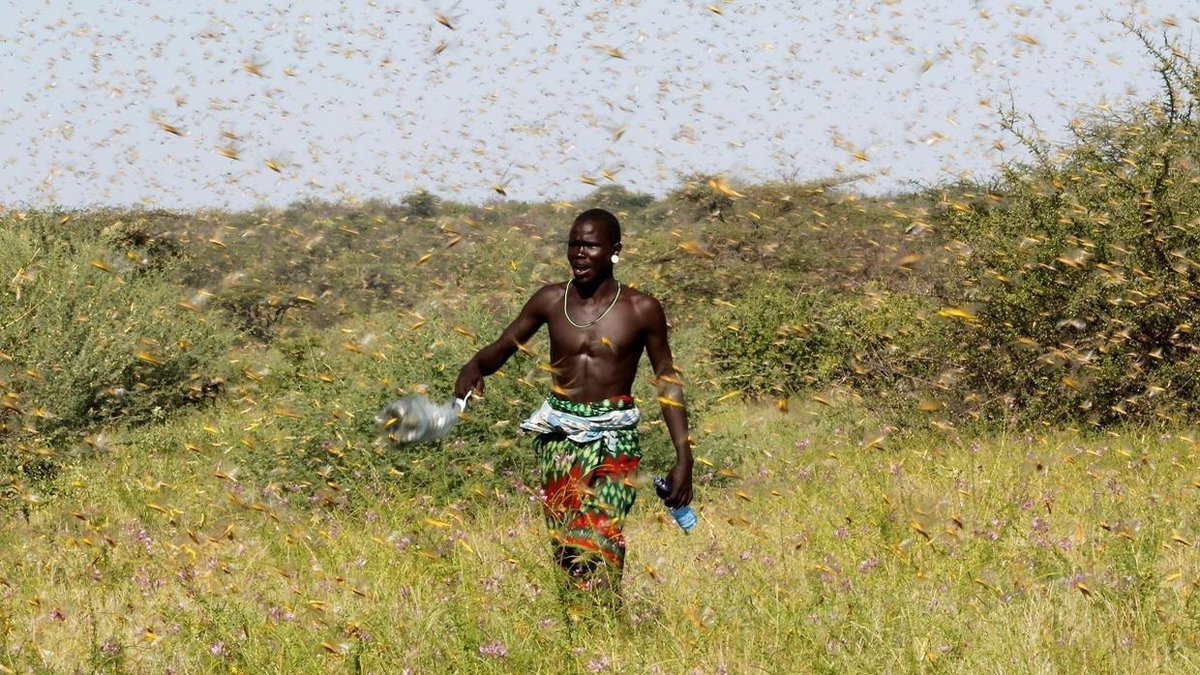Climate Justice of Africa: Cop 27 and beyond
COP 27 stands for the 2022 United Nations Climate Change Conference, the 27th United nation Climate Change conference held from 6th November until 18 November 2022. It will be held in an Egyptian coastal city Sharm el-Sheikh. All major stakeholders, including heads of state, ministers, climate activities and more, are gathering for the largest annual climate action meeting. This post was written before the conference took place and argues that the decision-makers should prioritise climate justice. The focus will be the disproportionate impact received by Africa, how it influences food security and why climate justice should be prioritised.
First of all, Africa, as well as the globe, is facing a severe climate crisis. Climate change hazards to agricultural productivity, food security, water resources, and ecosystem services may significantly affect African lives and chances for sustainable development. In 2007, the IPCC anticipated that climate change and variability would dramatically impact agricultural productivity and food security in many African nations and areas. "Climate change is increasingly affecting the African continent, hitting the hardest vulnerable and leading to food insecurity, population displacement and water stress. In recent months, we have witnessed devastating floods and an invasion of desert locusts and now face a looming drought due to the La Niña event. The COVID-19 pandemic has exacerbated human casualties and economic losses," said WMO Secretary-General Petri Taras.
Before going any further, climate justice should be set as the basis in the first place. Climate justice is a component of SDG 13 of the UN Agenda 2030. Different communities may feel the impacts of climate change differently. For example, a 2°C rise in global mean air temperature creates substantial uncertainty in water resource projections (Cisneros et al., 2014). Warming increases severe precipitation. More strong precipitation episodes and fewer light ones. Global warming worsens weather, especially in tropical places. Variable precipitation worsens Africa's food output. Flooding, droughts, irregular river flow, and changing soil moisture make African farming difficult. Figure 1 displays the 2020 locust swarm that affected East Africa's food security, a typical African food crisis.
Figure 1: 2020 East Africa locust swarm
Since Jan 23 2020, the locust swarm has caused significant agricultural damage in East Africa.
The solutions should be justice-based in the first place. Why do countries in tropical areas with low carbon footprint suffer more? That seems unfair, so the climate crisis solutions should be more focused on creating a fairer and more just world. Finding solutions to the climate crisis that not only cut emissions or conserve the natural world but also create a more equitable, more just, and equal world in the process constitutes climate justice. As injustice is part of the underlying cause of the climate issue faced by Africa, fighting for justice must be at the centre of the answers.
Overall, climate justice should be prioritised and aware by the stakeholders in the first place in order to fully implement the adaptation and localised solutions (Williams et al., 2022). The next post will be after the end of COP 27, discussing how COP 27 may impact the food security of African countries and evaluating whether the solutions are justice-based.

A good set of ideas explored so far in the posts. I like that it indeed feels like reading a personal blog rather than an essay. I also like the visual presentation. You make a completing point here on the unfairness of the experience of the effects of climate change on African counties and it certainly should be addressed by international comities. However, a lot of it is also caused by unchangeable physical geography of the continent, is everything the fault of foreign greed? I'm sure you are yet to explore more nuances of the African water and food nexus in future posts. I think you could make some sentences clearer and focus on the use of language, and use more statistics.
ReplyDelete